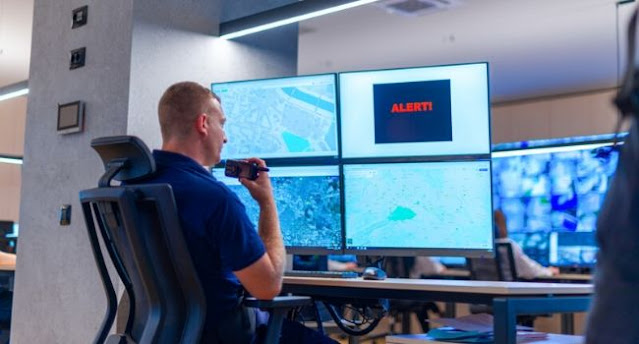Tips to keep Business safe from Cybercrime | Antivirus Software


An optimal Antivirus scanner detects and stops every pest, but otherwise stays in the background and does not bother users with queries. Because false alarms often cause uncertainty. Unfortunately, those in the virus scanner test are part of everyday life. In this discipline, too, which we rate 25 percent, no virus scanner is perfect; false reports creep in with everyone.
In the real-world test, the so-called false positives occur in two areas, with incorrectly blocked websites and files. With the installed Antivirus scanners, around 1,000 clean web addresses are therefore visited. Blocking one of these sites counts as a false positive. In addition, 100 popular programs that have no harmful function are tested. If a virus scanner hits you, this also counts as a false alarm. ESET and Kaspersky performed best in this test with only one or two false positives. Trend Micro goes over the top here and is wrong 95 times. At one point, Chrome is even blocked from running.
Windows Defender is in the midfield with 14 false positives - a good step forward compared to the last test. Back then, Defender was still the negative example with far too many false positives. Only clean files are tested in the malware protection test. On the one hand, a malware scan is triggered over hundreds of files, on the other hand, the testers simply run some programs.
All virus scanners slow down Windows
Virus scanners run constantly and sit deep in the Windows system. That has to be the case, because this is the only way to detect harmful data structures. However, they are additional ballast for the performance of the computer. The fastest is Windows without a virus scanner, that is the reference in the test. AV-Comparatives determines how much the virus scanners place on an older and current system and calculates a so-called performance score. The higher this is, the bigger the brake. In this discipline, the Defender disappoints every year, because Microsoft's virus scanner slows down the hardest. How it can be done better is shown by Kaspersky and McAfee, with Kaspersky making a slim footing especially on older systems. The top 9 in the test field all do "very well" in this discipline.
AntiVirus scanners also protect Windows 7
Windows 7 has not been supplied with updates for around a year. Even so, more than 15 percent of Windows users remain loyal to him. It is best for private users to switch to a different system: The free update from Windows 7 to Windows 10, for example, is still possible.
AntiVirus protection guaranteed: As far as the tested virus scanners are concerned, they all run on Windows 7. Even Microsoft still supplies signature updates for the Defender counterpart Security Essentials. Nevertheless, even a good virus protection system cannot replace the missing security updates, leave Windows 7 as soon as possible.
Update Windows 7 completely free of charge
Conclusion: something for everyone
The Antivirus scanners in the test range between "very good" and "satisfactory". So there are no total failures, but there are quality differences. You can forget all virus scanners from position 12, because they are worse than Windows Defender, which is already preinstalled on Windows 10. Switching to one of these virus scanners would weaken your system.
Comments
Post a Comment